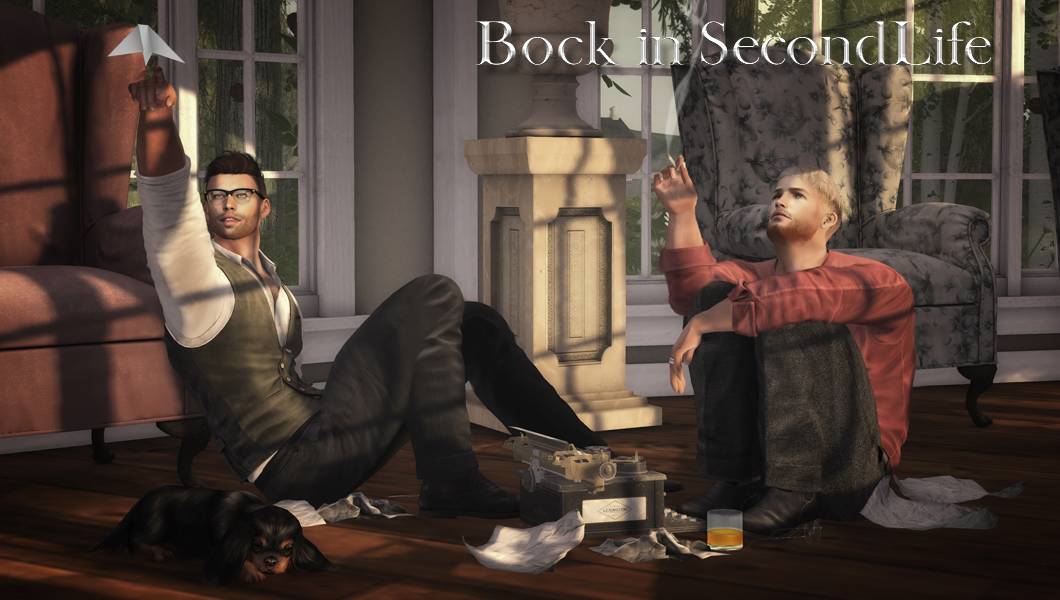The Indian Penal Code (IPC) contains a statute (Section 377. Unnatural offences.) which states "Whoever voluntarily has carnal intercourse against the order of nature with any man, woman or animal, shall be punished with imprisonment for life, or with imprisonment of either description for term which may extend to ten years, and shall also be liable to fine."
.jpg) |
| Photo by Anindito Mukherjee/Reuters |
Although the law was introduced in 1860 under the colonial days of British rule, to criminalize and prevent homosexual acts, it also strikes at the insertion of a penis in any human orifice except a vagina, thus even consensual heterosexual acts such as fellatio and anal, nasal and auditory canal penetration are punishable under this law. (I am not sure if armpits or cleavages can rightly be defined as human orifices, but I wouldn't risk it!)
According to reports the law has rarely—if ever—been used to prosecute anyone for consensual sex, it has however often been used by the police to harass homosexuals.
The High Court of Delhi, in 2009 found (Kaushal v. Naz Foundation) the statute to be unconstitutional insofar as it criminalized consensual adult sex acts in private. The high court stated that the law violated "the Indian constitution, which states that every citizen has equal opportunity of life and is equal before law."
The high court's decision was appealed to the Supreme Court of India by a wide variety of fundamentalist religious groups (Muslim, Christian and Hindu).
 |
| Dishon'ble Mr Justice G. S. Singhvi |
 |
| Dishon'ble Mr Justice S. J. Mukhopadhaya |
The Supreme Court (Hon'ble Messrs Justices
S. J. Mukhopadhaya and
G. S. Singhvi) delivered it's long awaited decision on the matter this week, (
the decision in extenso) in which it set aside the high court's decision and upheld the constitutional validity of Section 377 of IPC. The justices, however, kindly suggested
"that the parliaments should debate and decide on the matter."
Homosexuality is thereby yet again a punishable offence in India, as well as fellatio and heterosexual anal intercourse.
This decision is in my opinion anachronistic, discriminatory, bigoted and cowardly as it completely bypasses the human rights issues concerned in the case. Gay rights are human rights, the sooner it gets into the bigots minds that we do not choose our sexual identity but are born that way the better. The LGBT community deserves the same protection under the law as any other disenfranchised or minority group, what is so difficult to comprehend about that?
The LGBT community in India have been struck a terrible blow as it cannot be expected of the utterly fractionated parliaments to proceed in this matter, especially considering the widespread homophobia in Indian society and the upcoming elections next year.
Chanakya Sethi, a graduate student at Yale Law School, summarizes my reaction well when he
writes on Slate.com,
"The majority passes a law that the minority believes discriminates against it. The minority goes to court seeking relief from the majority. But because the minority group constitutes a 'minuscule fraction of the country’s population,'
the court will defer to the will of the legislature—that is, to the will of the majority."
---
As a reaction to the decision a
“Global Day of Rage” is being organized with a string of worldwide protests that will take place tomorrow, Sunday December 15, 2013.
Events will be held in major cities like Chennai, Delhi, Mumbai, New York, Cambridge, London, Boston, Sydney, Toronto, see the organizers
Facebook page for information on other locations.


.jpg)


